Generation Z isn’t niche, it’s the mainstream
Companies need to start taking post-millennials seriously, or lose their business


Brand loyalty is dead
As Facebook has proven, brands (those that aren't Apple, anyway) can no longer rely on blind loyalty from customers if their product isn't up to scratch or fails to grab valuable attention. As a group they are far more transient than those that came before, making them more agile when it comes to jumping from one thing to another as soon as the zeitgeist shifts.
A recent study by eMarketer revealed that Facebook's 12-17-year-old user base in the US is set to shrink by 3.4% in 2017, while young users for Snapchat and Instagram continue to grow.
"Snapchat has faced criticism for poor targeting and lack of measurement. However, Facebook of all the social platforms excels in its targeting and reporting tools, so it's perhaps not the generation that's using the tool but rather the tool itself," Shaw says. "Gen Z has displayed an overwhelming preference for authentic, peer-produced content on top of traditional media."
This trend for influencers over advertisers and peers over experts is a key one to take note of if organisations want to remain relevant. Digital natives have had an unprecedented impact on how they consume media, sniffing out those that seem too corporate or disingenuous and opting instead for something that appears more customer-driven and authentic.
Dr Janet Bastiman, chief science officer and AI expert at StoryStream, says: "This isn't new. People change, and companies need to adapt to this. They also need to understand that we don't all fit in the same set of little boxes there's overlaps and this needs to be embraced.
"Rather than treating any group of people in a way you think they want to be targeted, let them show you what they want. Young people know that time is precious and will not waste that resource on interactions that don't appeal to them."
What can the industry do?
While it's true that companies need to do more to welcome this new demographic either as consumers or employees, it's also true that the reason many new apps, hardware and software fail is simply because they're not very good, or because they have entered a crowded marketplace too late in the game.
Get the ITPro daily newsletter
Sign up today and you will receive a free copy of our Future Focus 2025 report - the leading guidance on AI, cybersecurity and other IT challenges as per 700+ senior executives
Damian Routley, regional CEO for UK, US and Canada at Adglow, says: "I agree that there's a different approach in communicating with an 18-25 demographic, than say, 55 plus. Facebook, Instagram, Snap and others have built tools with the younger demographic's user experience in mind video messaging and the ability to highly personalise with filters and stickers and hyper short form or snackable video content."
On both the consumer and the business side, it's obvious tech needs to begin to shift its mode of thinking when it comes to Gen Z. While the focus has understandably been on the millennial workforce for the past decade or so, the up and coming generation is a different beast - tech savvy, entrepreneurial and unwilling to stick with a product simply because it's what they've always used.
While this breed of young people have been targeted with some level of success by companies such as Snap and Instagram, the struggles of former golden child Facebook prove this may not last. Tech needs to stop thinking of them as a niche market, and start realising they'll soon be the mainstream.
Main image credit: Bigstock
Caroline has been writing about technology for more than a decade, switching between consumer smart home news and reviews and in-depth B2B industry coverage. In addition to her work for IT Pro and Cloud Pro, she has contributed to a number of titles including Expert Reviews, TechRadar, The Week and many more. She is currently the smart home editor across Future Publishing's homes titles.
You can get in touch with Caroline via email at caroline.preece@futurenet.com.
-
 Cleo attack victim list grows as Hertz confirms customer data stolen
Cleo attack victim list grows as Hertz confirms customer data stolenNews Hertz has confirmed it suffered a data breach as a result of the Cleo zero-day vulnerability in late 2024, with the car rental giant warning that customer data was stolen.
By Ross Kelly
-
 Lateral moves in tech: Why leaders should support employee mobility
Lateral moves in tech: Why leaders should support employee mobilityIn-depth Encouraging staff to switch roles can have long-term benefits for skills in the tech sector
By Keri Allan
-
 Marketing talent brain drain could stunt channel partner success
Marketing talent brain drain could stunt channel partner successNews Valuable partner marketing skills are at risk of being lost as the structure of channel marketing teams continues to shift, according to new research.
By Daniel Todd
-
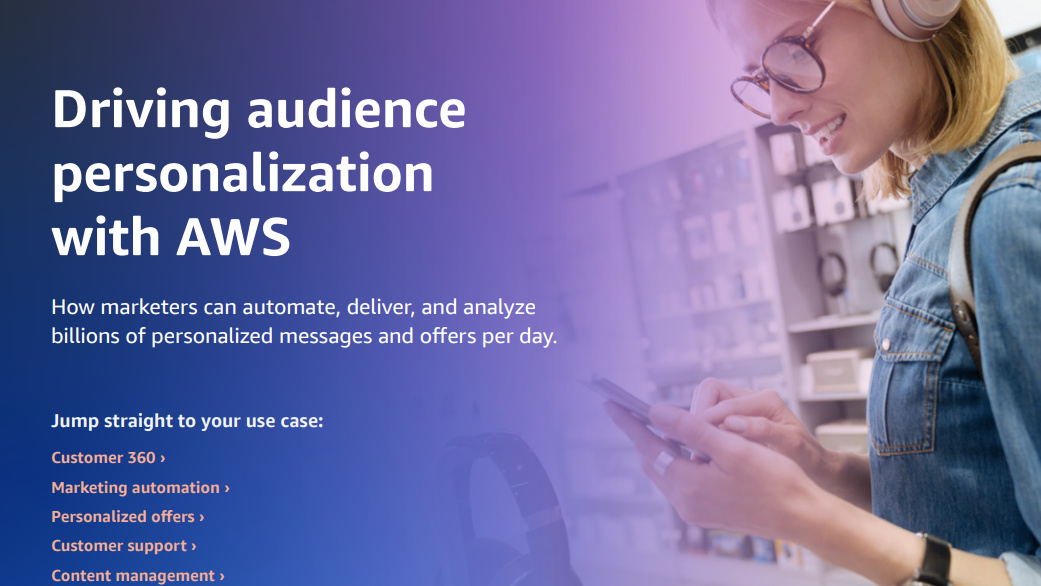 Automate personalization with AWS
Automate personalization with AWSWhitepaper How marketers can automate, deliver, and analyze billions of personalized messages and offers per day
By ITPro
-
 Schneider Electric unveils its first e-commerce partner program
Schneider Electric unveils its first e-commerce partner programNews Partners will be assigned a dedicated Schneider expert to aid strategy development
By Daniel Todd
-
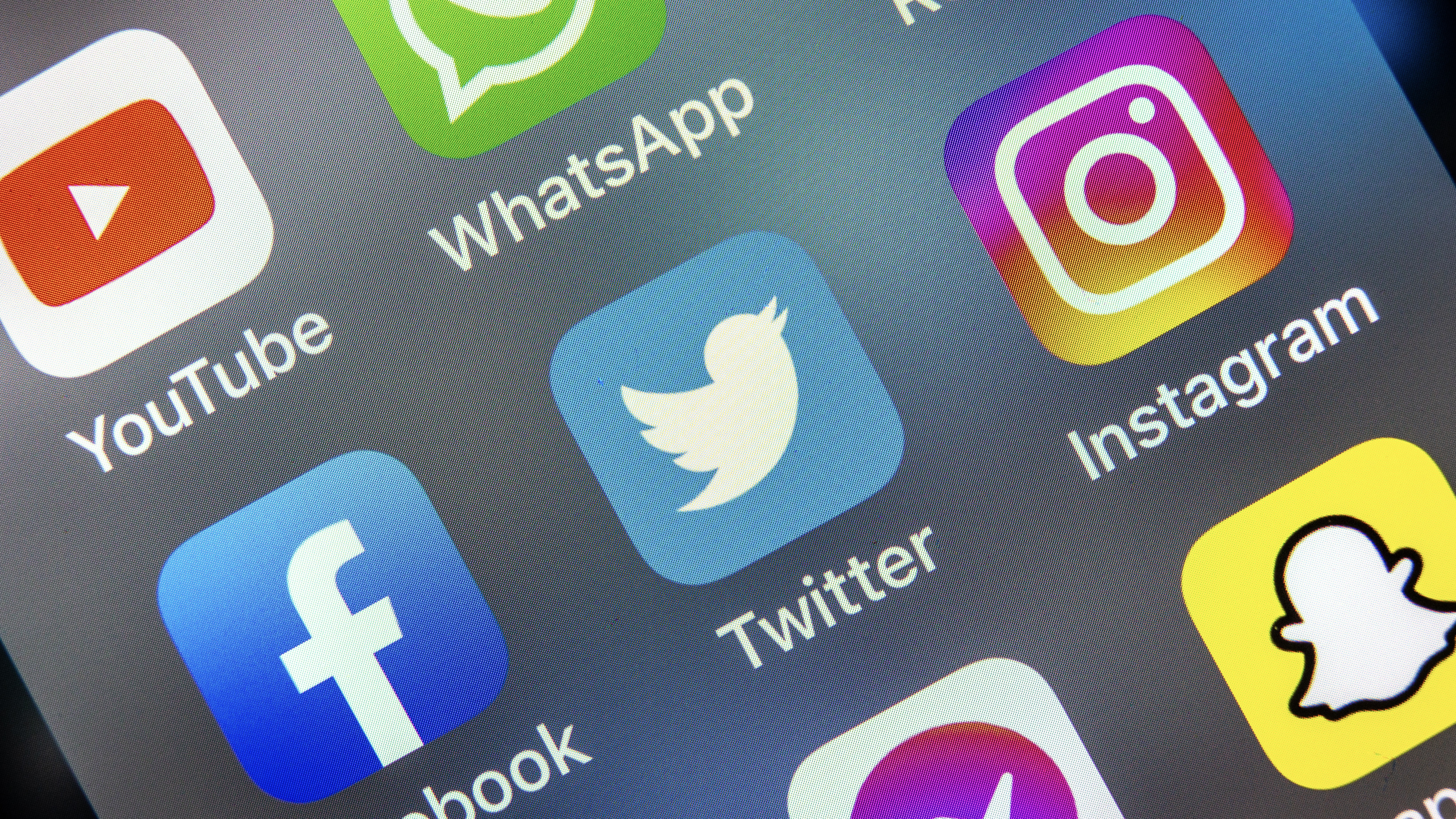 How digital marketing will evolve beyond social media
How digital marketing will evolve beyond social mediaIn-depth Twitter's ongoing destabilisation proves businesses can't rely on social media for digital marketing forever
By Elliot Mulley-Goodbarne
-
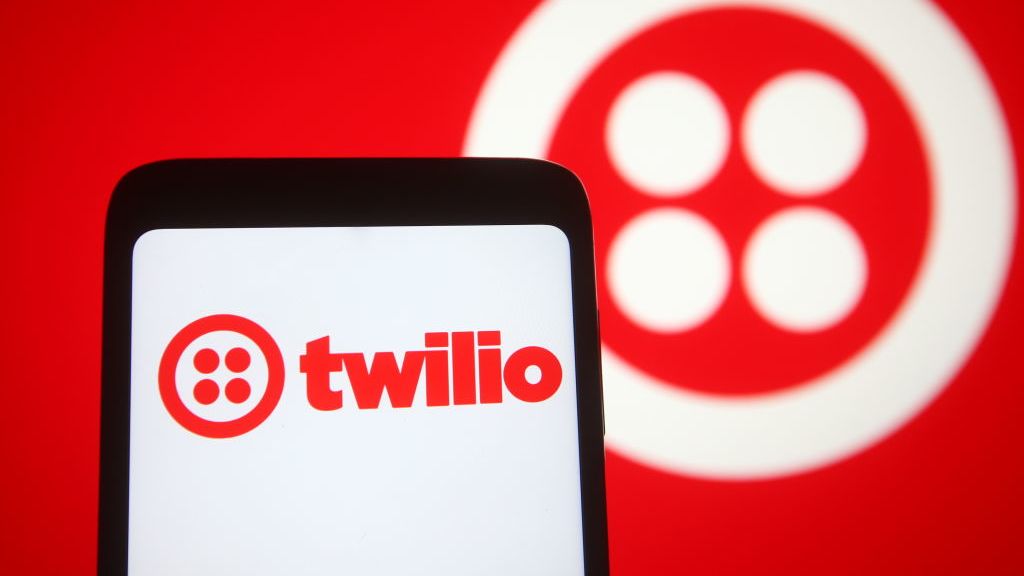 Twilio tackles 'crucial' customer retention with trio of platform upgrades
Twilio tackles 'crucial' customer retention with trio of platform upgradesNews The company believes that retaining customers and maximising LTV is crucial in weathering the current macroeconomic headwinds
By Connor Jones
-
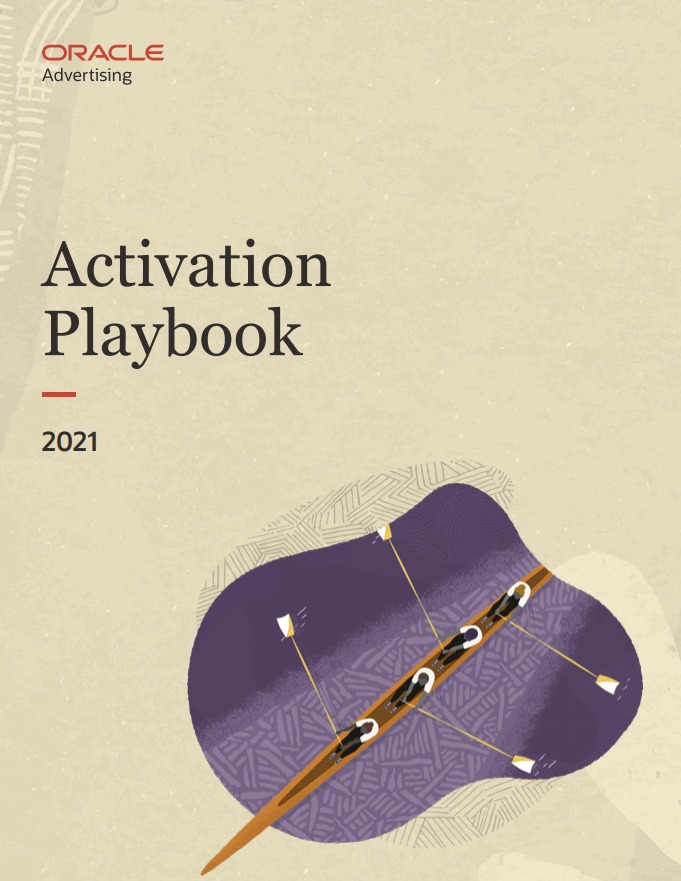 Activation playbook: Deliver data that powers impactful, game-changing campaigns
Activation playbook: Deliver data that powers impactful, game-changing campaignsWhitepaper Bringing together data and technology to drive better business outcomes
By ITPro
-
 The digital marketer’s guide to contextual insights and trends
The digital marketer’s guide to contextual insights and trendsWhitepaper How to use contextual intelligence to uncover new insights and inform strategies
By ITPro
-
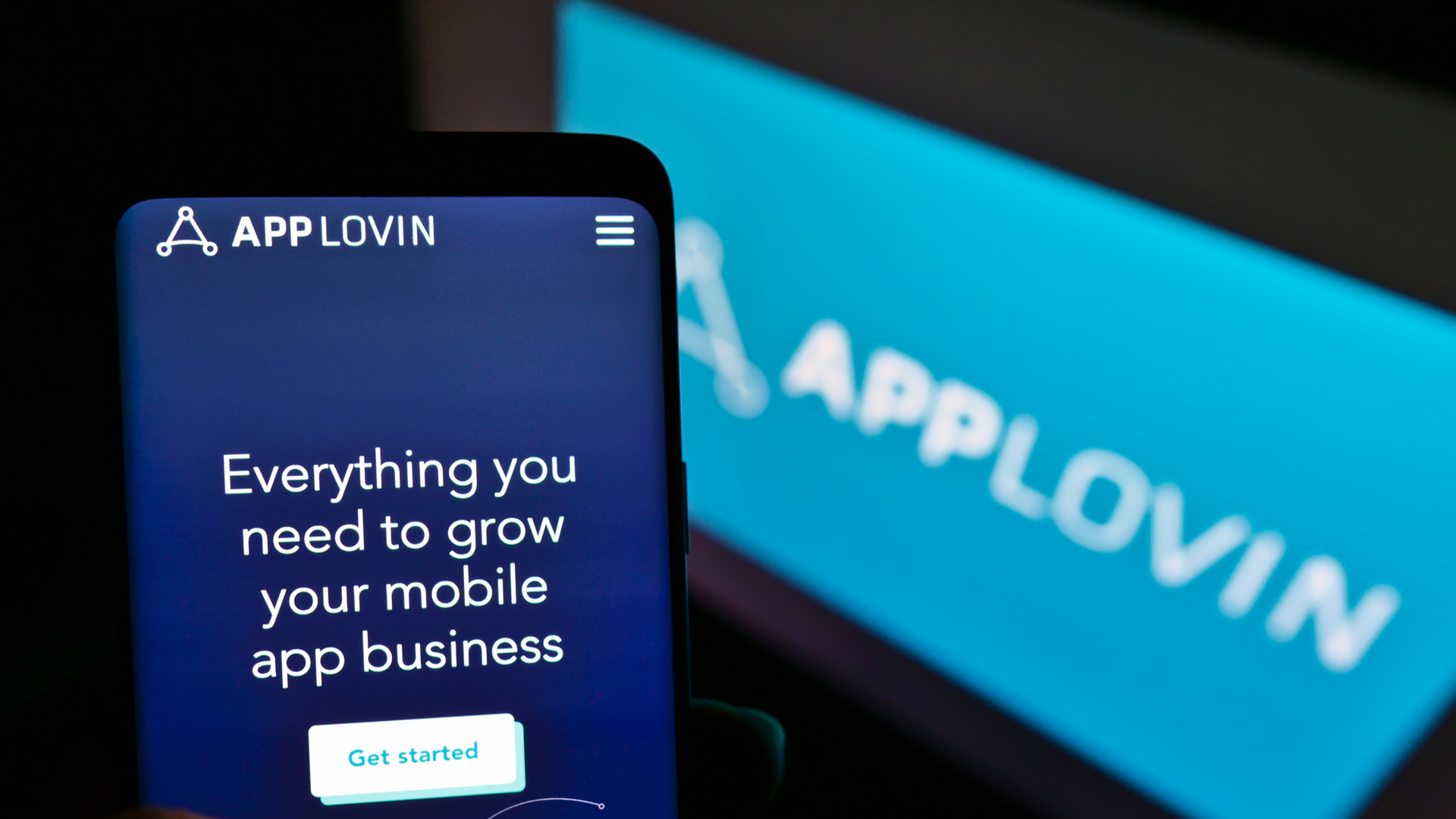 Twitter sells mobile ad unit for triple its original value
Twitter sells mobile ad unit for triple its original valueNews The sale will allow the tech giant to focus on its plans of doubling its revenue in 2023 to $7.5 billion
By Sabina Weston